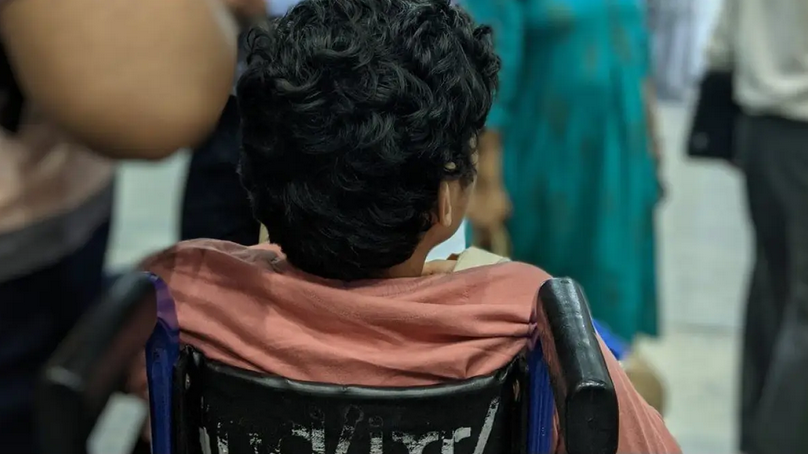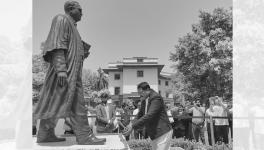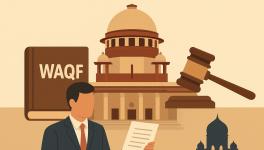‘DGCA’s Latest Revision to CAR Insult to Injury for Disabled Passengers’: Activist Coalition

IndiGo airlines refused to let the teen with disability board the flight. Image Courtesy: Facebook
In a presser released on July 22, the Freedom of Movement Coalition condemned in the “strongest possible terms the discriminatory targetting and retrograde medicalisation of disability” being introduced in the 7th Revision by the Director General of Civil Aviation (DGCA) to Civil Aviation Requirements (CAR) for persons with disabilities.
The revision comes in the wake of an episode at Ranchi airport in May this year, when a disabled passenger was harassed by the crew of IndiGo airlines and stopped boarding the aircraft. “This revision instead of acting as a jolt to review the many lapses in policy implementation of passengers flying with a disability, has added insult to injury (after what happened in Ranchi),” the statement noted.
The whole matter, this time, pertains to the comments forwarded by disability rights activists to the DGCA’s draft amendments to CAR on July 1. In these comments, withdrawal of amendment number 4.1.36 was demanded on the grounds that it was inappropriate in its conflation of ill-health and disability.
“Disabled passengers don't need doctors to certify their 'fitness' to fly, some unwell passengers from the general population may. The proposed amendment penalises those who are atypical in appearance, communication or behavioural expression by requiring additional screening by the average lay person or medical professional who has not been exposed or sensitised to disability or even diversity of the human experience.”
It further added, “The reality is that 'disruptions' or 'safety' incidents during a flight could be more likely babies crying due to ear pain, someone having a cardiac crisis or a drunk passenger being offensive or belligerent. Are we going to make all passengers undergo a breathalyser and BP test or encourage co-passengers, staff and crew to be flexible and accommodative of differences?”
“The DGCA has not only ignored the disability sector’s objections on the fit to fly issue and conflated the planned revision into para 4.1.35,” the Coalition noted. The paragraph 4.1.35 now reads as:
‘Airline shall not refuse carriage of any person on the basis of disability and/or reduced mobility. However, in case, an airline perceives that the health of such a passenger may deteriorate in-flight, the said passenger will have to be examined by a Doctor in person - who shall in his/her opinion, categorically state the medical condition and whether the passenger is fit to fly or not. After obtaining the medical opinion, the airline shall take an appropriate decision on the carriage of such passenger. In case of refusal of carriage by the airline, it shall inform the passenger in writing with the reasons therein immediately.’
The press statement has also observed how the DGCA has remained silent on the other regressive change impacting flying with a disability in India. “The BCAS 2022 security rules also need to be rolled back (like this doctor intervention amendment) to be in sync with what the disability sector submitted in (Rajesh Bhatia et al, 2014) - the provisions on artificial limbs (in violation of Supreme Court orders of December 2021), are illegality apart, again a cause of pain and distress to the disability community.”
The Freedom of Movement Coalition is a pan-Indian group advocating for equity in transport. Various associations such as the Centre for Accessibility in Built Environment (CABE), December 3 Movement (D3M), Disability Law Initiative, Disability Rights Alliance (DRA), Human Rights Law Network (HRLN), National Centre for Promotion of Employment for Disabled People (NCPEDP), National Platform for Rights of Disabled (NPRD), etc. are members of this coalition.
Get the latest reports & analysis with people's perspective on Protests, movements & deep analytical videos, discussions of the current affairs in your Telegram app. Subscribe to NewsClick's Telegram channel & get Real-Time updates on stories, as they get published on our website.
























